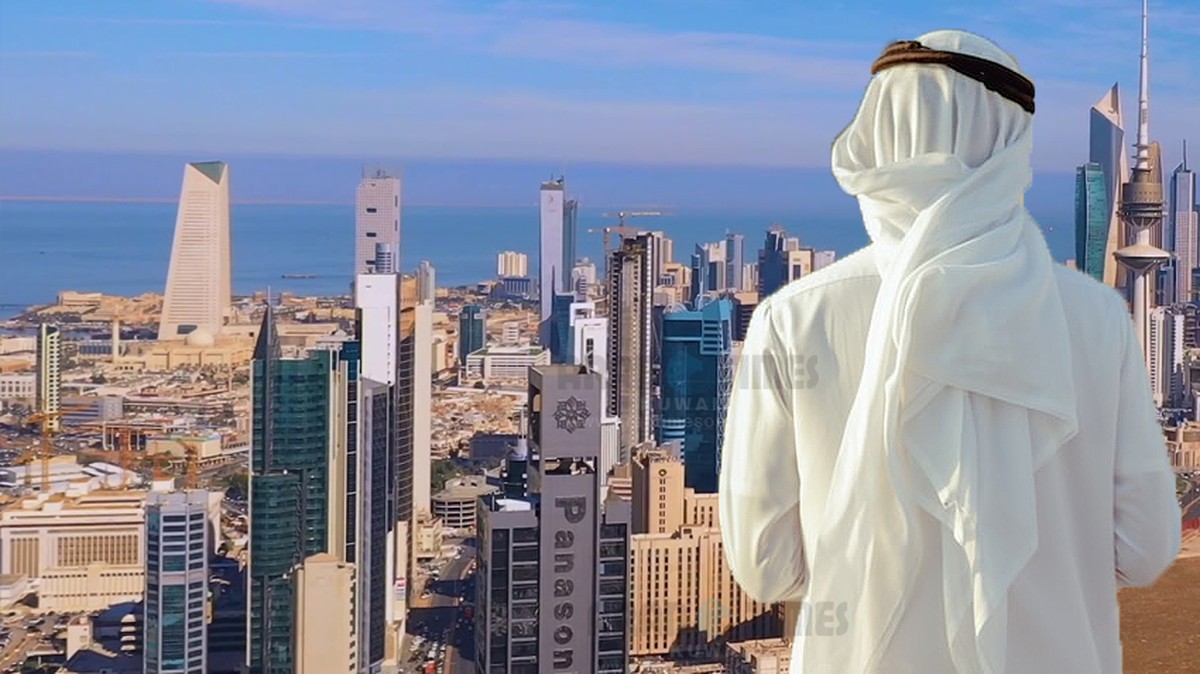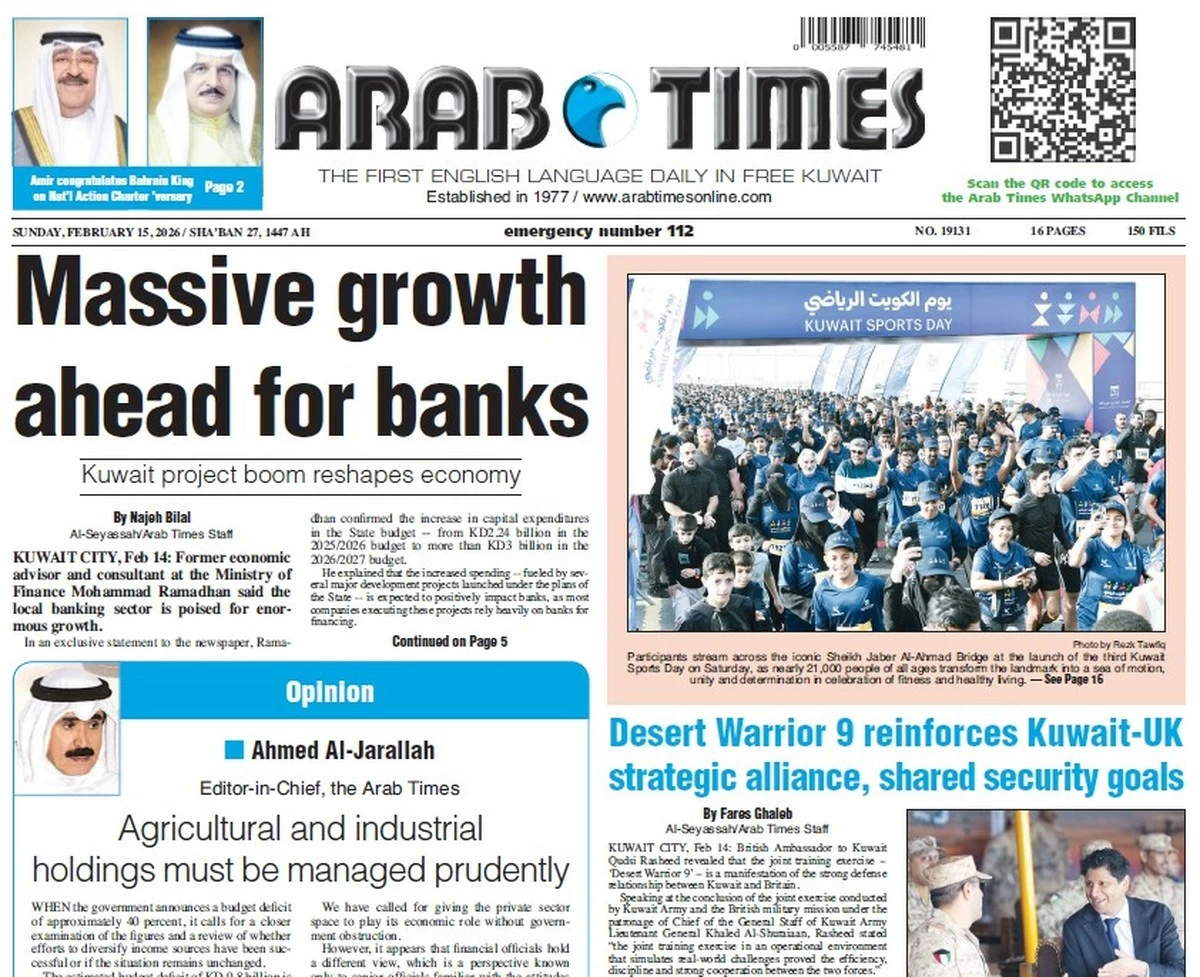KUWAIT CITY, May 1: Real estate consultant Ali Al-Saffar has stressed the need to establish a real estate authority to balance residential and investment land uses. He pointed out that the principal objectives of the real estate authority should encompass its formal designation as a land use authority, strategic investment in commercial land, maintenance of a land reserve equivalent to residential land allocation, and application of professional land use management practices. During the second panel discussion convened by Kuwait Economic Society (KES) titled, “Kuwaiti Real Estate Dynamics Over Three Decades and Key Challenges,” Al- Saffar revealed that the real estate trading activity from 2010 to 2025 witnessed numerous fluctuations due to the COVID-19 pandemic, adjustments in bank interest rates, and recent real estate legislation.
In the panel discussion moderated by member of the Board of Directors and Chairman of the Studies and Research Preparation Committee at KES Hamad Khaled Al-Abdul Karim; Al-Saffar disclosed that real estate transactions experienced an upswing in 2011; reaching about KD 2.896 billion or 26.5 percent increase compared to 2010. He said the residential real estate constituted about 54 percent of the trading volume, while investment and commercial properties reached 37 percent and nine percent, respectively. He explained that apportionment is attributed to the implementation of Law No. 8-9/2008 and its impact on the real estate market, which stimulated growth in investment property sales and expanded financing options for prospective homeowners. He confirmed that the volume of real estate transactions expanded, culminating in a peak transaction value of KD4.880 billion in 2014 or 44 percent increase compared to 8,271 transactions in the previous year.
“Several factors were identified as contributors to the 2014 real estate growth, including the introduction of building material subsidies for eligible recipients, enhanced financing flexibility offered by commercial banks, an increase in housing applications exceeding 109,000 and the establishment of a Kuwaiti jointstock company tasked with the construction and operation of power and water desalination facilities, among other elements,” he added. He underscored the adverse impact of the COVID-19 crisis on the domestic real estate market, leading to a decline in real estate transactions in 2019 and 2020. “These reductions ranged from two to 39.5 percent, reducing total transactions to KD2.499 billion. Subsequently, trading activity rebounded to the KD4 billion range in 2021, reflecting a 63.42 percent increase. Residential properties comprised the majority of transactions at 72.4 percent, while investment properties contracted to 19.1 percent,” he concluded.
By Marwa Al-Bahrawi
Al-Seyassah/Arab Times Staff



